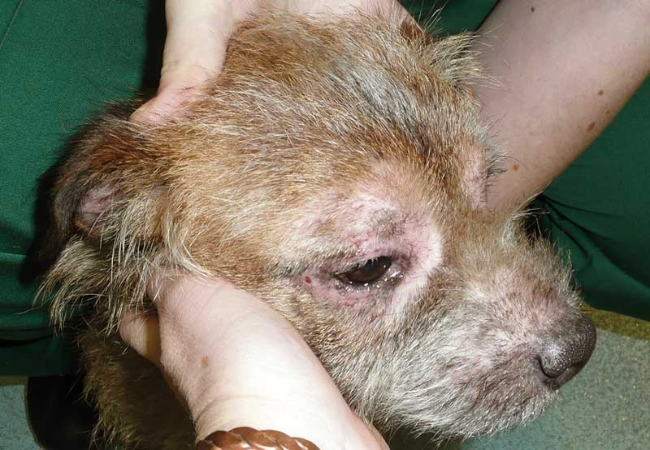Seasonal Allergies in Dogs in 2025: Vet‑Reviewed Causes, Symptoms & Care 🌼🐶

In this article
Seasonal Allergies in Dogs in 2025: Vet‑Reviewed Causes, Symptoms & Care 🌼🐶
By Dr. Duncan Houston BVSc
🔍 What Are Seasonal Allergies?
Seasonal allergies (atopy) occur when dogs • inhale or come into contact with environmental allergens—most commonly pollens from trees, grasses, weeds—as well as mold spores and dust mites. These trigger an immune response that inflames the skin, eyes, or respiratory system.
🐾 Who’s Most at Risk?
- All breeds can be affected, but terriers, boxers, and bulldogs show higher prevalence.
- Symptoms often begin after 6 months of age and flare seasonally—especially spring and fall.
- Pollen and dust are common culprits; indoor allergens (dust mites, mold) can affect year-round.
⚠️ Recognizing Symptoms
- Itchy, red skin—commonly paws, face, armpits, groin
- Frequent paw licking and chewing, especially of foot pads
- Watery eyes, post-nasal drip, sneezing or reverse sneezing
- Dry nasal discharge or loose stools during flare-ups
- Ear infections or hives in severe cases
🩺 Diagnosing Allergies
Vets will review history—including seasonal patterns—and perform skin or serum testing. Exams focus on ear health, coat condition, and signs of secondary infection.
💡 Managing Flare‑Ups at Home
- Bath your dog every 2–4 weeks to remove allergens from the coat and skin.
- Wipe paws and belly after walks to remove pollen.
- Use HEPA filters; limit outdoor time during peak pollen mornings.
- Wash bedding regularly to reduce allergen build-up.
💊 Veterinary Treatments
- Antihistamines: Benadryl or Claritin may help mild symptoms.
- Corticosteroids: Prednisone for moderate-to-severe flare-ups.
- JAK inhibitors or antibody therapy: Apoquel (oclacitinib) or Cytopoint offer targeted itch control.
- Immunotherapy: Custom allergy shots can reduce sensitivities over time.
- Topical care: Medicated shampoos, sprays, and wipes soothe inflamed skin.
- Dietary support: Omega‑3-enriched or limited-ingredient diets support the skin barrier.
🩹 Managing Secondary Infections
Frequent scratching can lead to bacterial or yeast infections. Prompt treatment with vet-prescribed antibiotics or antifungals is essential to prevent worsening inflammation.
📅 Ongoing Care & Monitoring
- Track symptom seasonal patterns and treatment responses.
- Schedule regular vet check-ups during high-risk seasons.
- Adjust medications and the environment based on flare-ups.
🔚 Final Thoughts
Seasonal allergies in dogs can be managed effectively with a combination of environmental controls, regular grooming, targeted medications, and veterinary support. With a personalized care plan and consistent monitoring, your dog can stay comfortable and itch-free across allergy seasons 🌼💛.






